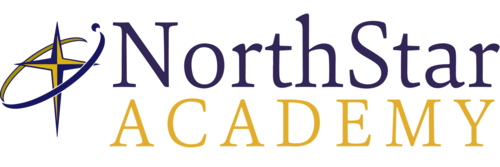As students develop their understanding of Language, it is essential to provide them with a broad range of language experiences so they may become better communicators. Language Arts 7 seeks to provide this experience through various learning activities stemming from the study of short stories, novel studies, and poetry.
Language Arts 7 includes four units with vocabulary, creative writing, research writing, comprehension activities, and grammar exercises throughout. The four units are:
- Short stories
- Novel Study: Carry On, Mr. Bowditch
- Poetry
- Novel Study: The Green Ember
Pre-requisite(s):
The pre-requisite course to Language Arts 7 is Language Arts 6 or equivalent.
Materials and resources required:
Provided by NSA:
- Language Arts 7 Online lesson and assignment documents
- LITERATURE: Timeless Voices, Timeless Themes, silver level
- Carry On, Mr. Bowditch
- The Green Ember
Purchased by student:
- Language Power workbook, Level E (provided by NSA, invoiced to families for workbook cost).
Students should expect to spend at least five hours a week on this class.
Students will be evaluated on assignments provided in the lessons. These include projects, creative writing, grammar exercises, comprehension quizzes, group discussions, etc. These will be submitted to the teacher for marking. Closed-book tests are given throughout the course. There is no final cumulative exam for this course.
The breakdown of marks is as follows:
- Assignments: 65%
- Tests: 25%
- Discussions: 10%
